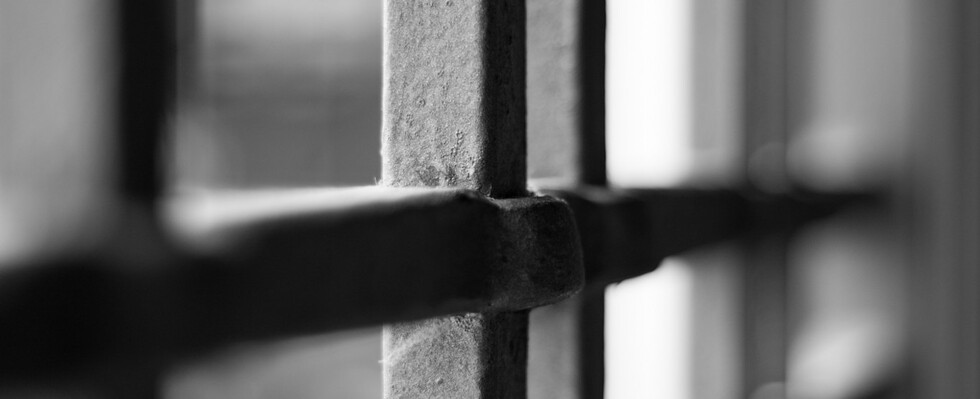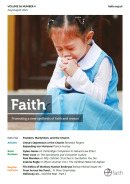Book Review: Prison Journal: Vol 1. The Cardinal Makes his Appeal
Review by Joanna Bogle
This is not Gulag literature: a 21st century Australian jail is not a place of horror, and Cardinal George Pell had a cell with its own shower and lavatory, received regular meals and medical attention, was allowed books and writing materials, and above all had regular visitors and contact with his lawyers. What matters about this book is two things: first the fact of an innocent man, a leading public figure, being unjustly convicted and imprisoned for a crime he did not commit – and all of this happening in a modern Western country – and, second, the way in which he handled this.
Gutsy courage
The first of these was shocking and has worrying implications for the future. The second is enriching and, to my astonishment, a truly gripping read. I had honestly not expected this. Part of me had vaguely imagined a book of with some courageous but bleak affirmations of hope and trust in God, coupled with information about the trial and various details which help to build up a picture of it all. But it’s not like that. Cardinal Pell emerges from these pages as a man of gutsy courage, wide reading, intellectual curiosity, and a deep and manly faith centred wholly in the life of the Church and, especially, in his daily Office of Readings, the lifeblood of every Catholic priest.
Because he is innocent of the horrible crime, he has an inner serenity that is immoveable: he knows the truth and will work determinedly to help ensure that everyone else involved knows it, too. That the truth will finally triumph is something about which he is not really in doubt, but he is fully aware of the massive media campaigns against him and the challenge that all this presents.
A retreat with Job
This is a genuine diary, entries written daily, small details sometimes noted, general points made, activities described (half an hour of outdoor exercise in a small high-walled yard: he notes the changes in the light and the clouds). Cardinal Pell couldn’t celebrate Mass, but the prison chaplain, a nun, brought him Holy Communion weekly, and he watched daily Mass on TV and – above all, supremely – he prayed his daily Office. He remains, even in his private diary, a teacher: the readings (all too appropriately!) in his early days in prison are from the Book of Job, and his insights are fascinating. I felt as if I was taking part in a really good Retreat or seminar, with Job
- and in due course other Scriptures –
opened up to me daily.
Pell is a man without anger or bitterness
- and it’s clear that this is because he is a man who takes good spiritual advice, places himself in God’s hands, and takes a steady approach allowing both these things to form and shape his daily journey. It’s impressive. He is also hard-working and patient: he works with his lawyers and replies to letters, listens, asks questions, reads things through, notes details.
A real diary
Each day concludes with a prayer, sometimes drawn from one of the many letters he has been sent, more often drawn from his daily Office, or from some other book that he has been reading. He reads widely (making good use of the permission to have six books at any one time), and comments in depth on what he is reading and also watching on TV, so we get short dissertations on Tolstoy’s War and Peace, and on Jordan Peterson, American politics, the future of the Church in China, and more.
The process of Cardinal Pell’s lengthy trials and mistreatment at the hands of the media grinds on – and by the end of Volume 1 is not over. What is, of course, authentic for the reader is that the Cardinal doesn’t know what happens next. This is a real diary. As it finishes in July 2019 the end of the story hasn’t come. There is drama yet to follow – and, yes, final vindication. We know this as we’ve followed the events and are reading this after the triumph in Australia’s High Court. So I am most certainly going to order Volume 2, and am looking forward to it.






